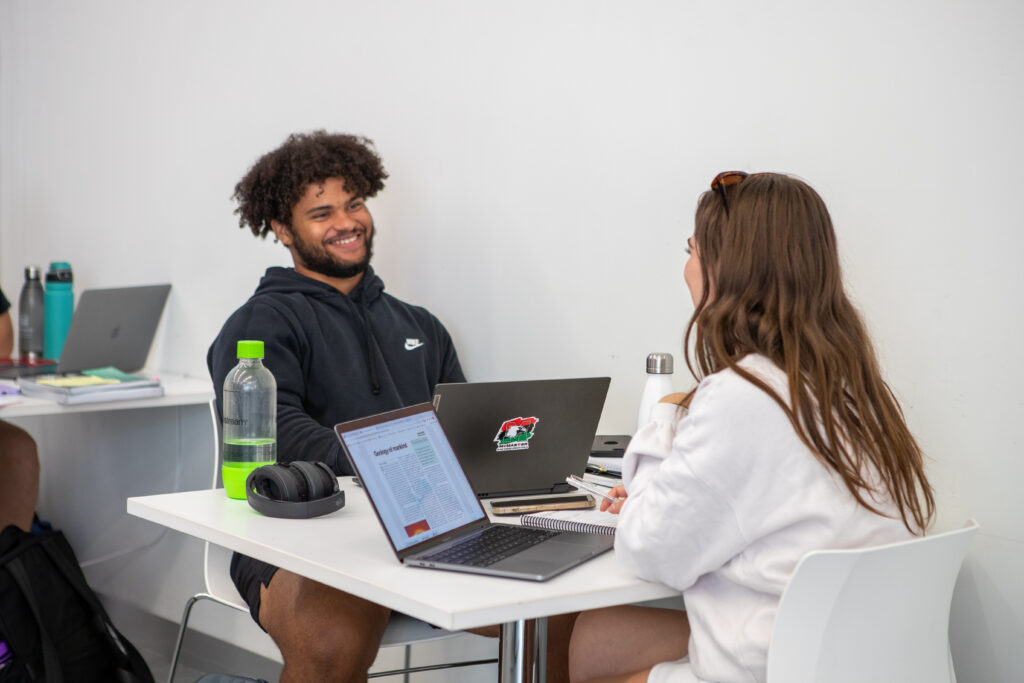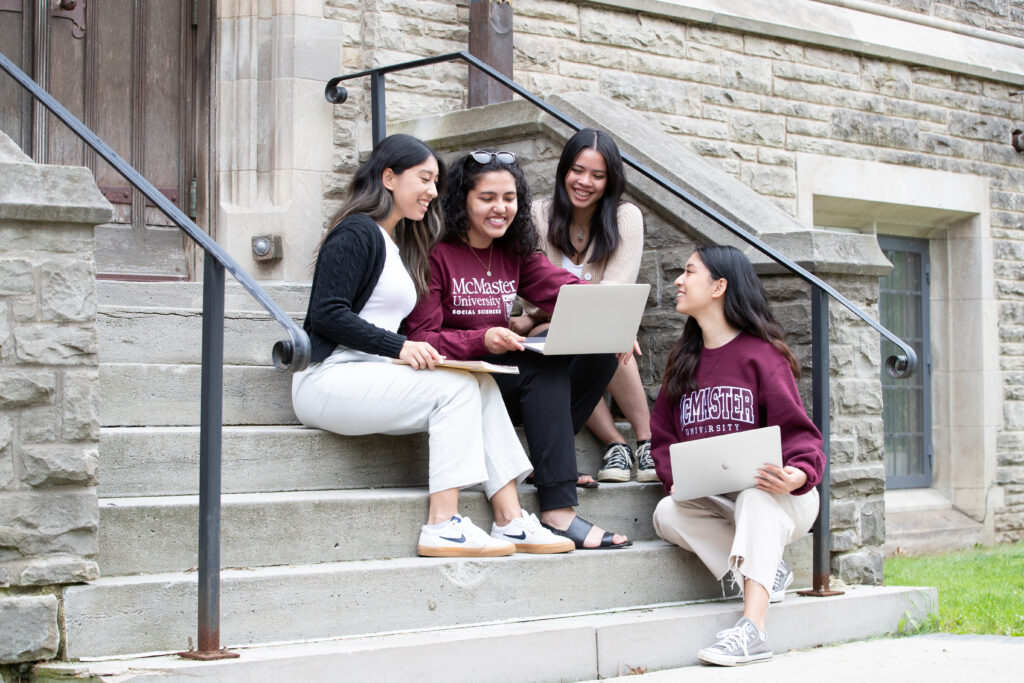About SLPs

What do SLPs do?
Speech-Language Pathologists (SLPs) help people with communication and swallowing difficulties. SLPs assess, treat and advocate for the prevention of communication and swallowing disorders.
COMMUNICATION
How many times do we have to speak or listen to somebody throughout the day? How many times do we have to read or write? If we tally up all of these occurrences, it is clear that we use communication in almost every minute of our work, school and leisure activities.
SLPs help determine which elements are impaired at each level and which communicative functions are being impacted. Difficulties can affect:
-Work (e.g., following directions from a supervisor, filling out forms, reading procedural manuals, speaking appropriately with colleagues, etc.)
-School (e.g., reading and analyzing a novel, writing an essay, taking notes in class, writing a test, reading a textbook, doing an oral presentation, etc.)
-Leisure (e.g., retelling events of the day, understanding humour and sarcasm, composing an email, watching a movie, discussing politics, etc.)
SWALLOWING
The muscles involved in producing speech and voice are the same ones that are involved in swallowing, which is why SLPs have an important role to play in the assessment and management of swallowing disorders.
Swallowing disorders are often noticed when someone coughs or chokes while eating or drinking. However, sometimes there is no sign of trouble until the person develops pneumonia due to food or drink getting into the lungs. SLPs assess the various stages of swallowing and make recommendations to ensure the person is safe. Sometimes exercises are needed, sometimes food textures and liquid thicknesses need to be modified, sometimes special positioning is needed, and sometimes alternative forms of nutrition have to be implemented. Eating is an important social activity with significant quality of life implications, so the SLP must consider many factors when assessing and treating swallowing difficulties.

A Day in the Life of an SLP
School Board SLP – Basiliki Passaretti
Private Practice SLP – Bobi Tychynski Shimoda
Learn more about this important profession from:
- Speech-Language and Audiology Canada
- Ontario Association of Speech-Language Pathologists and Audiologists
- College of Audiologists and Speech-Language Pathologists of Ontario
- National Speech-Language Pathology Competency Profile (PDF)
The Ontario Council of University Programs in Rehabilitation Sciences (OCUPRS) published the Essential skills and attributes required for the study of Speech-Language Pathology (PDF) document which describes the essential skills and competencies required for success in completing a university program in speech-language pathology.


